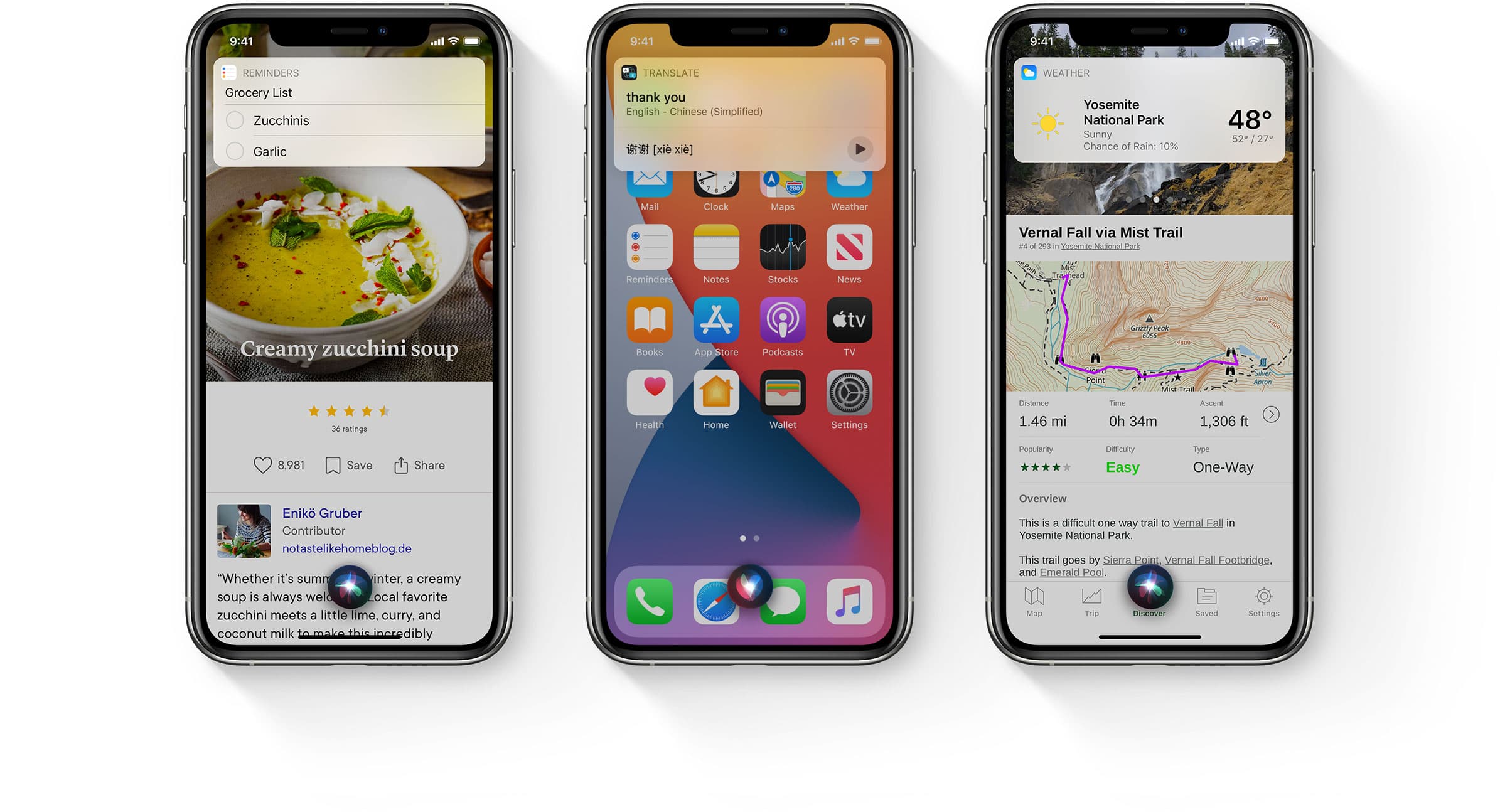
The European Union has decided that yet another investigatory probe is required into consumer-facing products, and Apple is included in this net, too.
Announced today, the EU has launched a new probe into the Internet of Things, and is specifically targeting digital assistants and other connected products meant for consumers. Siri, Amazon‘s Alexa, the Google Assistant, and others are all wrapped up in the new investigation, which regulators say is meant to make sure that these big companies do not serve as gatekeepers to the wider world of the Internet of Things through market domination of customer data.
And at the centre of it all, there are voice assistants, like Apple’s Siri, Google Assistant, Amazon’s Alexa or Deutsche Telekom’s Magenta. Those voice assistants allow us to control our smart devices without us having to look at a screen. You can get information from the Internet, manage calendars or buy products.
The potential is incredible. But we’ll only see the full benefits – low prices, wide choice, innovative products and services – if the markets for these devices stay open and competitive. And the trouble is that competition in digital markets can be fragile. When big companies abuse their power, they can very quickly push markets beyond the tipping point, where competition turns to monopoly. We’ve seen that happen before. If we don’t act in good time, there’s a serious risk that it will happen again, with the Internet of Things.
And one of the key issues here is data. Voice assistants and smart devices can collect a vast amount of data about our habits. And there’s a risk that big companies could misuse the data collected through such devices, to cement their position in the market against the challenges of competition. They might even use their knowledge of how we access other services to enter the market for those services and take it over.
The European Union appears to be focused on making sure that the Internet of Things, which is meant to be an all-encompassing market, is interoperable between platforms. Device compatibility is a real issue, especially as customers branch out from a particular manufacturer to others, and this probe is meant to determine how to best reach that goal so customers don’t run into roadblocks as they use one device or another.
The EU has sent the standard questionnaire to 400 companies across the globe, all in an effort to learn more about their IoT practices and the connected devices they sell. The companies included sell products like wearables, appliances, and make voice assistants. Businesses that provide services for the IoT market are also included in the net.
Apple’s inclusion certainly makes sense, considering HomeKit is an important element to the company’s overall business. Especially as it relates to Siri, which serves as a lynchpin for a smart home outfitted with HomeKit-enabled devices.